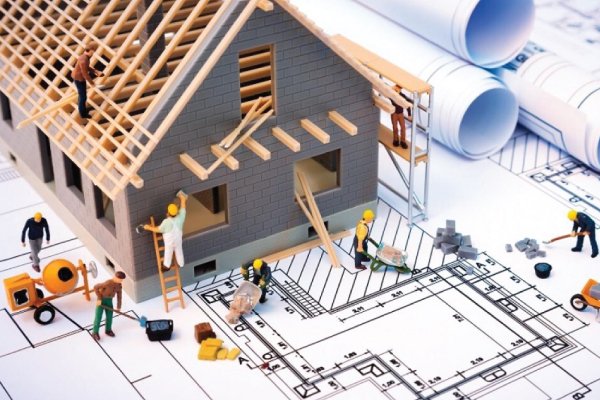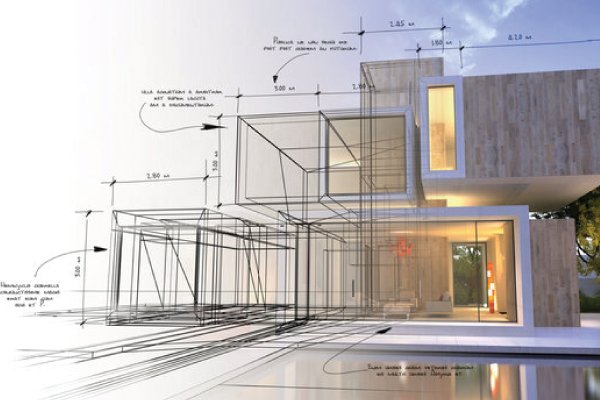Delays in construction are more than just frustrating—they’re expensive. A delayed project can result in financial penalties, lost revenue, and damaged reputations. By understanding the most common causes of these setbacks, you can take proactive steps to reduce their likelihood and keep your project on track.
Poor Planning and Scheduling
Delays in construction are more than just frustrating—they’re expensive. A delayed project can result in financial penalties, lost revenue, and damaged reputations. By understanding the most common causes of these setbacks, you can take proactive steps to reduce their likelihood and keep your project on track.
Weather Conditions
Construction is highly susceptible to environmental conditions. Unexpected rain, snow, or extreme heat can halt work and damage materials. Although weather is unpredictable, experienced planners include buffer periods in their timelines to account for weather-related disruptions. Investing in protective coverings and monitoring local forecasts can also help reduce weather-related downtime.
Permitting Issues
Navigating the permitting process can be time-consuming. Delays occur when necessary permits are not obtained in time or are denied due to non-compliance. To avoid this, begin the permitting process early in the planning phase. Work closely with local authorities and ensure your plans meet zoning, safety, and environmental standards to minimize rejections or revisions.
Supply Chain Disruptions
A shortage of key materials or equipment can bring a construction site to a standstill. Global supply chain challenges, transportation delays, and vendor issues can disrupt even well-planned projects. Mitigate this risk by ordering materials early, maintaining strong relationships with multiple suppliers, and keeping backup options ready in case your primary vendor fails to deliver on time.
Labor Shortages or Disputes
A skilled and reliable workforce is the backbone of any construction project. Labor shortages, strikes, or disputes can quickly derail timelines. To prevent this, ensure your labor contracts are fair, working conditions are safe, and you have access to qualified backup workers. Establishing a strong relationship with labor unions and subcontractors helps avoid misunderstandings and improves long-term collaboration.
How to Prevent Delays
The best way to avoid delays is through strong pre-construction planning and constant communication. Regular site meetings, progress tracking tools, and contingency plans can all help identify issues early and resolve them quickly. Clear communication across all levels of the project—from management to on-site workers—ensures smoother operations and quicker problem-solving.




